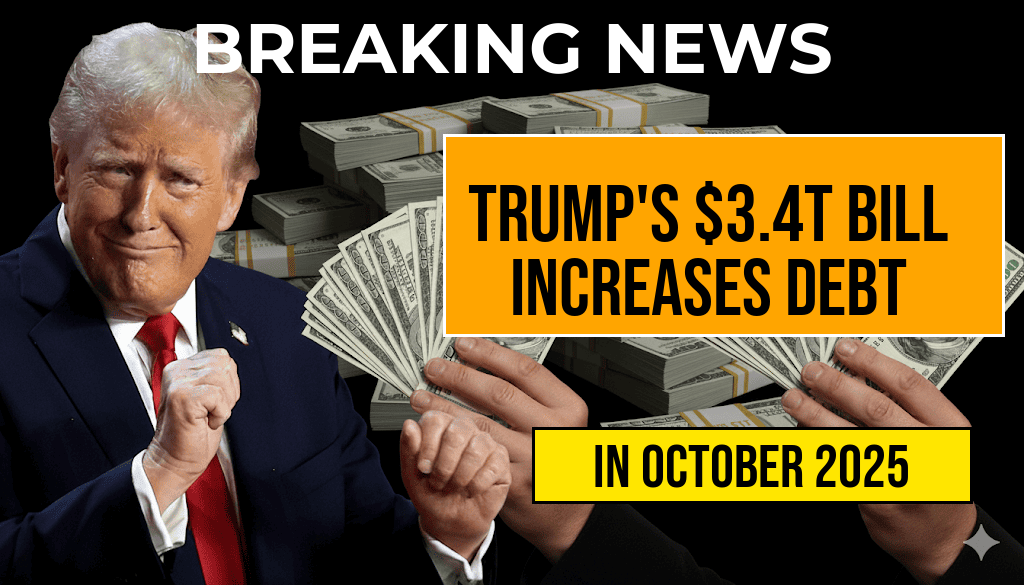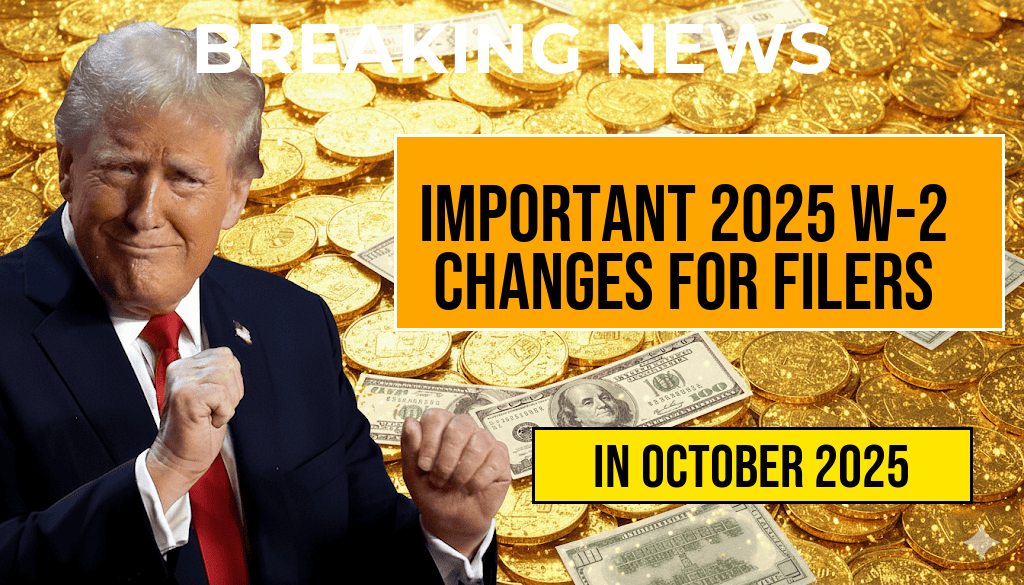In a surprising move that has garnered significant attention, former President Donald Trump has enacted a $3.4 trillion mega-bill, which is expected to increase the national debt by an additional $4 trillion. This legislation, which has sparked debate among economists and policymakers, contains various provisions, including a controversial measure to ensure that tips received by service industry workers will remain untaxed. The implications of this bill are vast, as it aims to stimulate economic growth while simultaneously raising concerns about fiscal responsibility and its long-term impact on the economy.
The Details of the Mega-Bill
The newly enacted mega-bill includes funding for several key areas, including infrastructure, healthcare, and education. Proponents argue that these investments are necessary to boost economic recovery and create jobs in the wake of the COVID-19 pandemic.
Key Provisions
- Infrastructure Investments: A substantial portion of the funding is allocated to modernizing roads, bridges, and public transportation systems.
- Healthcare Funding: The bill includes increased funding for public health initiatives, aimed at improving access to healthcare services across the nation.
- Education Support: Significant resources are directed towards public education, with a focus on improving facilities and increasing teacher salaries.
- Tip Tax Exemption: A notable feature of the bill is the provision that exempts tips from taxation, a move that has been both praised and criticized.
The Economic Impact
Economists are divided on the potential outcomes of this legislation. Supporters believe that the investments will lead to robust economic growth and job creation, while critics warn that increasing the national debt by $4 trillion could have dire long-term consequences for fiscal health. According to the Congressional Budget Office, the national debt is projected to exceed $30 trillion in the coming years if current trends continue.
Concerns Over Debt
Fiscal conservatives have expressed concern that the mega-bill could exacerbate the national debt issue. The increase in debt might lead to higher interest rates, which could stifle economic growth in the long run. A report from the Forbes highlights potential repercussions on future government spending and borrowing.
Support for Service Workers
The provision to keep tips untaxed has received mixed reactions. Supporters argue that this measure will provide much-needed financial relief to service workers, who often rely on tips as a significant part of their income. However, critics contend that it could create disparities in income reporting and tax collection. The Wikipedia entry on taxation of tips indicates that while many service workers benefit from tip income, the lack of taxation could lead to challenges in funding public services.
Political Reactions
The mega-bill has prompted a variety of reactions from political leaders across the spectrum. Some Democrats have expressed support for the infrastructure and education funding, while Republicans have criticized the bill primarily for its potential to increase the national debt. The differing perspectives highlight the polarized political climate in the United States and the challenges of reaching consensus on fiscal policy.
Public Opinion
Public response to the mega-bill has been mixed. Polls indicate that many Americans support increased funding for infrastructure and education, but there is also a significant concern about the implications of rising national debt. A recent survey by Gallup showed that approximately 65% of respondents believe that the government should prioritize reducing the national debt over increasing spending.
Conclusion
As the implications of Trump’s mega-bill unfold, it remains to be seen how it will impact the economy and the political landscape. With an increase in the national debt and a controversial tax exemption for tips, this legislation is likely to be a focal point in upcoming political debates. Stakeholders from various sectors will be closely monitoring the effects of this bill as it takes shape in the months and years to come.
Frequently Asked Questions
What is the total amount of the mega-bill enacted by Trump?
The total amount of the mega-bill enacted by Trump is $3.4 trillion.
How much will the national debt increase as a result of this legislation?
The national debt is projected to increase by $4 trillion due to this legislation.
Will this mega-bill impose any taxes on tips?
No, the mega-bill ensures that there will be no tax on tips.
What are the potential implications of increasing the national debt by $4 trillion?
Increasing the national debt by $4 trillion could lead to concerns about long-term fiscal sustainability and impact future economic policies.
What sectors might benefit from the enacted mega-bill?
The mega-bill could potentially benefit a variety of sectors through increased government spending, but specific beneficiaries will depend on the allocations outlined in the $3.4 trillion package.






